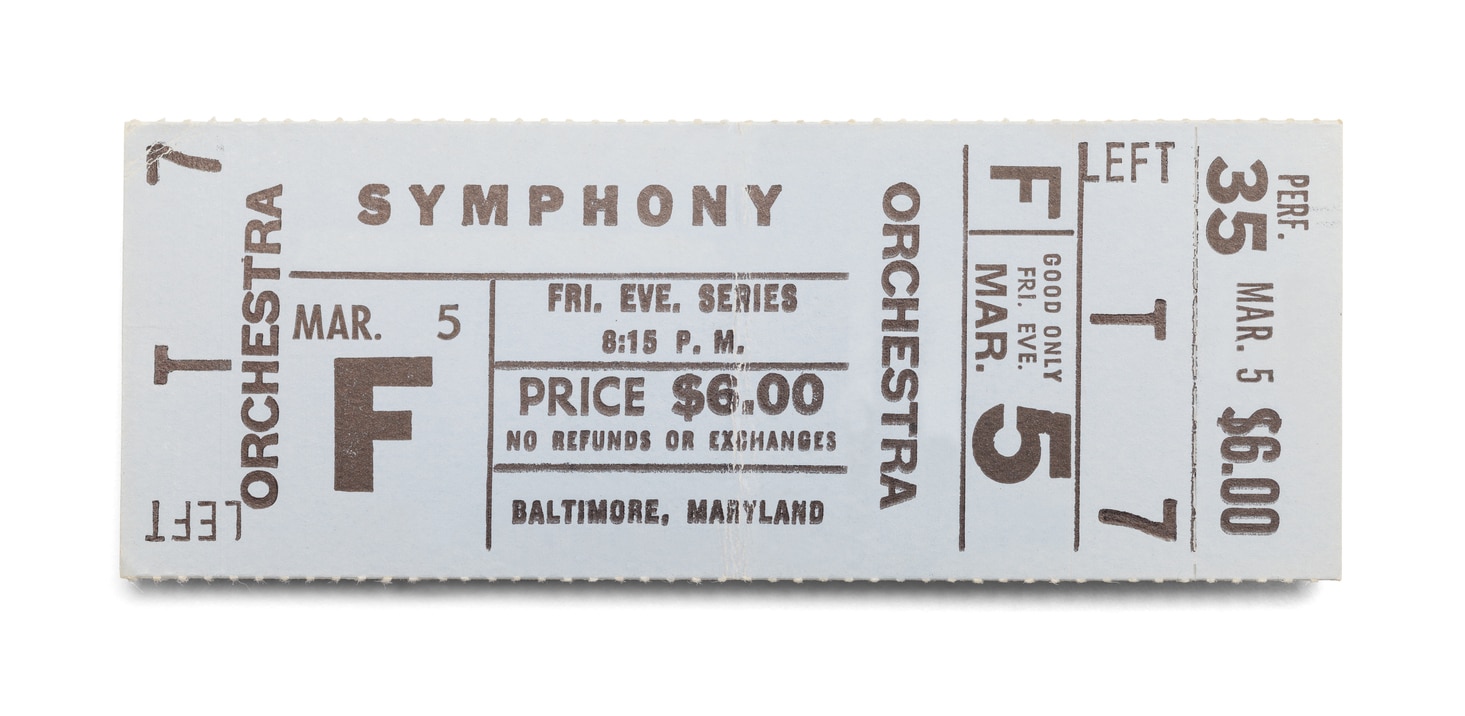During these turbulent times, the stock markets, and the companies that comprise these markets, are facing turbulence and volatility. Some companies are faced with running their businesses in entirely new and unforeseen ways. As MONTAG takes a look at companies to understand their operating practices, we thought we would spotlight a few industries where business is anything but “usual.” One industry that has faced extreme hardships during this pandemic is the ticket broker industry due to most in-person entertainment being shut down. So we sat down with the ticket broker, Hal Mendel, to get his thoughts on what he’s seeing (or not seeing) out there.
— LARRY MENDEL, Vice President of Sales & Interviewer
Q1: With no fans in the stands and no live music, what sort of % volume are you experiencing vs a “normal period?”
A1: The answer was fairly simple, “ZERO”. There is no business.
Q2: How did you handle refunded tickets for events?
A2: The ticket brokers, which used the various platforms, such as Stub Hub, Ticketmaster and Vivid Seats were responsible to the major ticket firms to give all of the refunds.
First, customers of these platforms received immediate refunds if the event was cancelled and the platform provider immediately required the money from the ticket broker. This left the ticket broker responsible to return all the cash along with any profit. So now the customer and the corresponding platform were made whole but the broker was still out their money. The broker had to wait for Ticketmaster or other platform to refund the cost of the ticket back to the broker, which was delayed by up to 6 months until a new date was set up by the artist. This put a big cash squeeze on the brokers.
Q3: Do you think the ticket broker industry will be permanently altered by this pandemic?
A3: Yes, it will be altered. The way I see it, the bar will be raised on who gets to play and the best quality companies will survive. Coming out of this there will be at least 50% less brokers. Most likely, no more Mom and Pop shops as concert promoters will prefer to work with fewer quality brokers. Ultimately, the ticket brokers that are well capitalized and utilize the best technology will be the winners as we come out of the pandemic.

A4: No. Since there is no limit for how many people would have access, there is zero ticket value. No resale. No seats are better than any other so no differentiation. Maybe a limited drive-in concert could work as a virtual event but it would be tough.
Q5: Is this a commission-based industry? Do you see pricing power being altered as a result of this pandemic?
A5: The business is based on the spread of the purchase price and the selling price, not a commission. One of the big differentiators between brokers is the fee which the ticketing platforms charge to the ticket broker. That being said, like any business, the larger the broker the lower the fee they will pay, so this allows the larger firms to have pricing power versus the competition. Just like in the equity markets, where the biggest customers get the best access to an IPO, in the ticket business, the biggest customers will get the best inventory of tickets with the most advantageous fee structure.
Q6: Any insight in your world about when sports/music may return and the impact of reopening?
A6: Best guess mid-2021 and when it does, the demand will be huge. The hunger to socialize will make it a crazy business when the gates open up. The one problem may be too much inventory, because with the projected huge concentration of events in a small window, the potential excess inventory could be higher than normal. People will most likely need to be selective in what they attend.
Q7: Are there any workarounds or alternate revenue streams a ticket broker can pursue?
A7: Not really. Without events which offer limited availability and seating options, there is not as much of a market for a ticket broker to create a profitable mark up. For those patrons that always want the best seats, the ticket broker will be there to provide their services.
As you can see, the current COVID environment has completely altered this industry, and most likely permanently in terms of future demand and having less players in the market. Given that our interviewee also passed on an interesting fact that 81% of all sales actually lose money for the broker, we could be looking at a brand new industry in the future. At MONTAG, we continually look at companies and thoroughly examine their business practices, especially if it looks they may operate differently in the future, to make the best informed decisions about what companies to buy for our clients’ portfolios.


